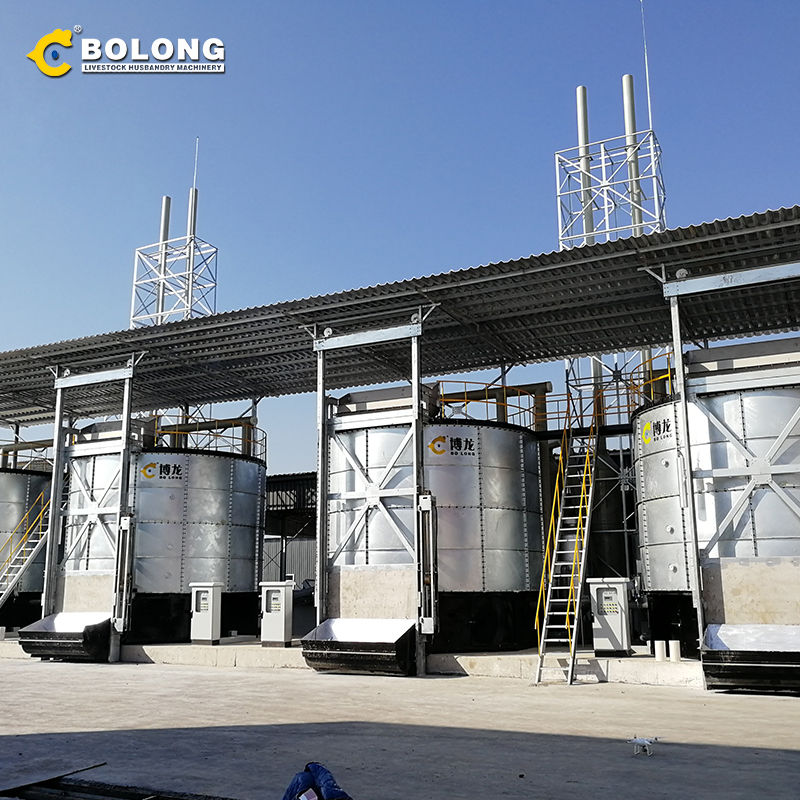
1. Mason Jars. The most affordable fermentation vessels are repurposed kitchen items such as mason jars. However, these can only contain small amounts of wort, which isn’t ideal for large batches of home-brew. Since brewing can take anywhere from 1 to 3 weeks, most people prefer to brew larger batches. You can easily turn mason jars into
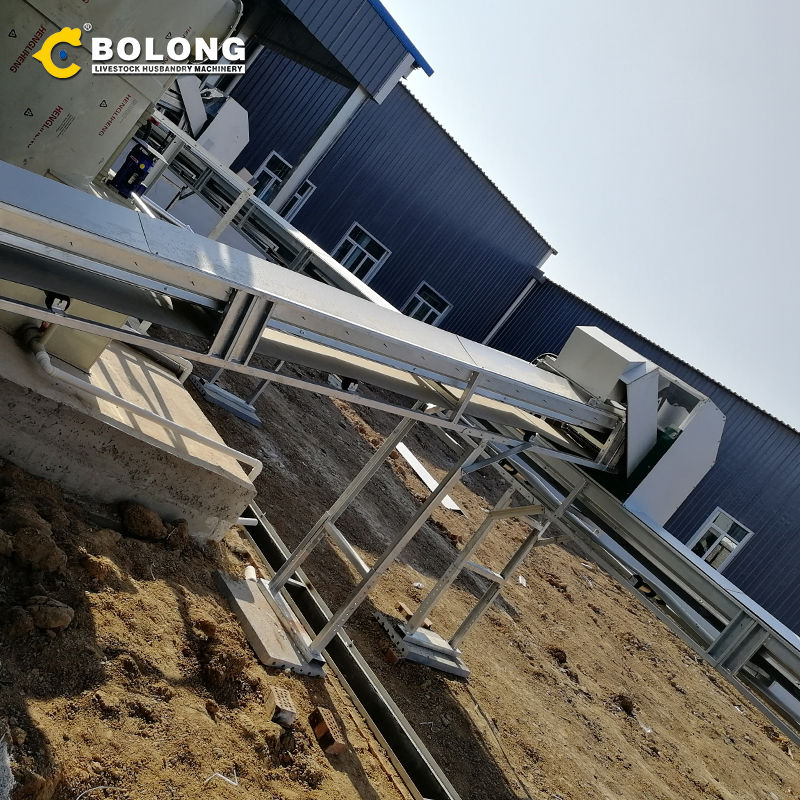
2021/1/18/ · Stanislav Pepeliaev. Ipsen Bioinnovation Ltd, 102 Park Drive, Milton Park, Abingdon, OX14 4RY, UK. E-mail address: stanislav.pepeliaev@ipsen.com. Demanding safety standards needed to protect
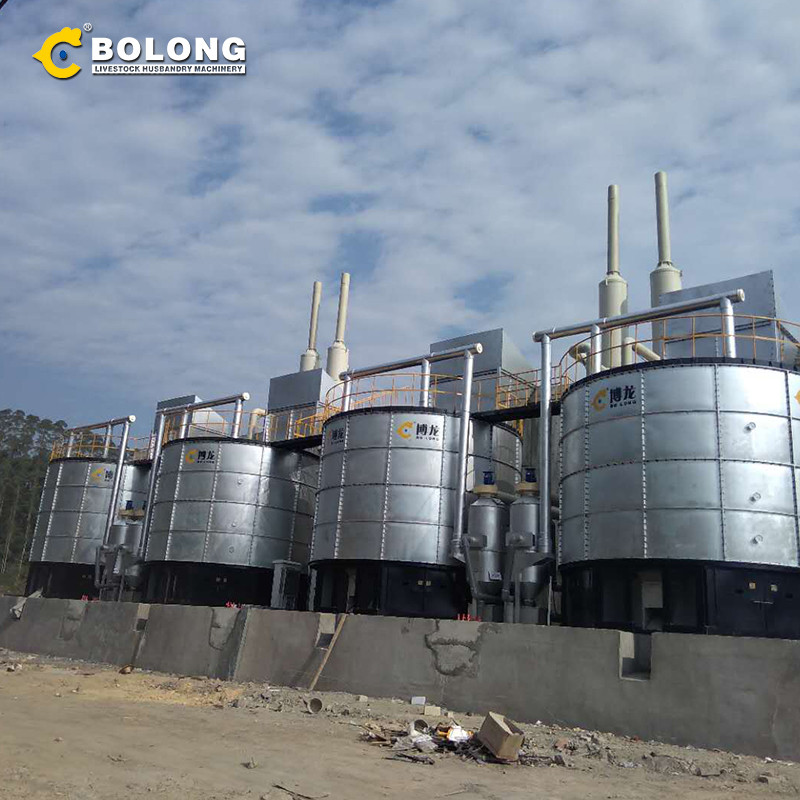
When choosing a beer fermentation vessel, the material of the fermentation vessel is an important consideration. The most common materials used for beer fermentation tanks are stainless steel, aluminum, and plastic. Stainless steel is the most popular choice because it is durable, easy to clean, and does not react with beer.

2023/8/21/ · A large fermentation vessel, often referred to as a fermenter or bioreactor, is a container or tank that facilitates the fermentation process. Used predominantly in the brewing, wine-making, pharmaceutical, and biofuel industries, these vessels provide the ideal conditions for microbial organisms to convert substrates into

Sterile air may be achieved by the use of sterile filtration of air prior to entry into the vessel. Furthermore, the industrial fermentation process may involve the use of genetically modified organisms in order to produce desired product. It is essential, therefore, to prohibit the introduction of these GMOs into the external environment.
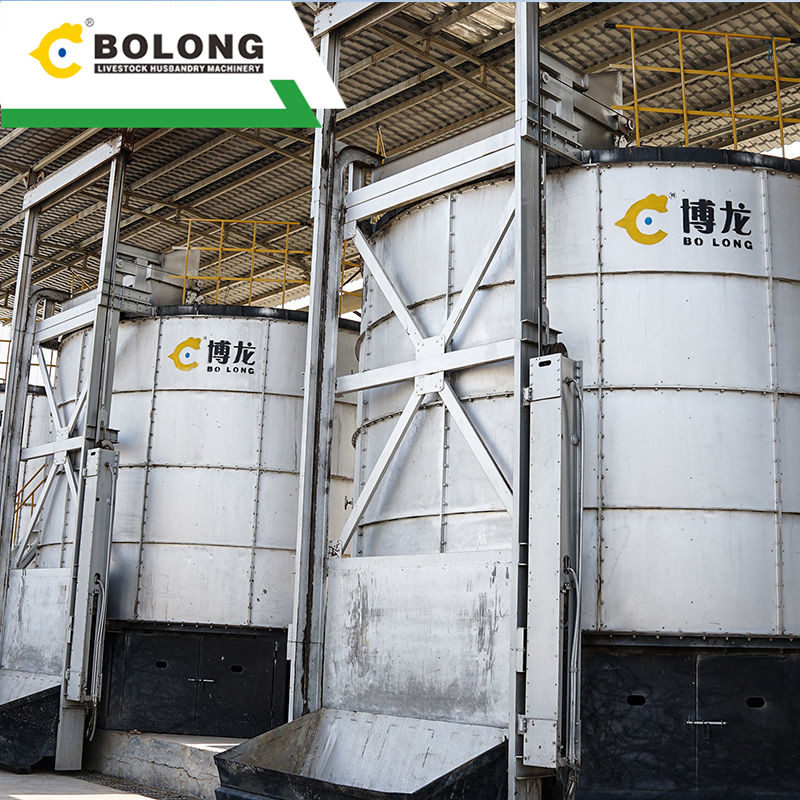
High throughput automated fermentation systems have become a useful tool in early bio-process development. In this study, we investigated a 24 x 15 mL single use microbioreactor (blocks of 12 bioreactor vessels) of the ambrVR 15 fermentation, in fed-batch mode for microbial cell growth and production of heterologous proteins. Second,

2024/6/11/ · When vessel design and automation converge, the synergistic effects are profound. The seamless coordination between vessel design enhancements and automated systems leads to unparalleled
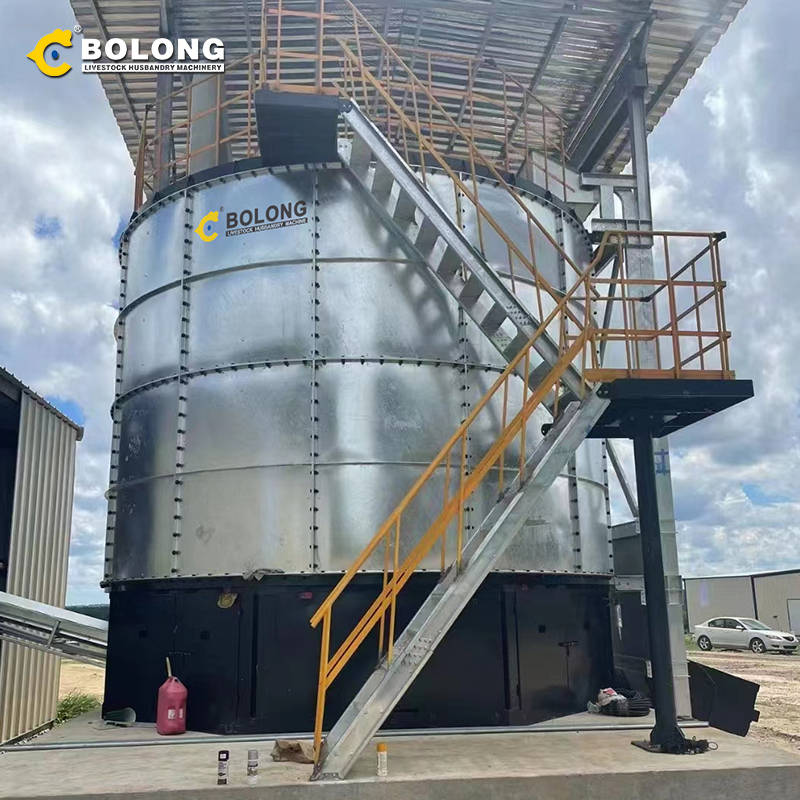
By providing a cleaner and safer environment, fermentation vessels help maintain the integrity and quality of the fermentation process and its end products. 5. Easy Monitoring and Sampling. Fermentation vessels with transparent walls, such as glass vessels, offer the advantage of easy monitoring and sampling.

2023/8/1/ · Fermentation vessels are likely to integrate even more advanced technology, with automated sensors, artificial intelligence, and data analytics becoming common features. These innovations will further streamline the brewing and winemaking processes, making them more efficient and consistent.

Choosing the best fermentation container for your project is just as important as choosing the right produce. This is because every fermentation vessel is meant to be used in a specific way and with a specific purpose. You certainly can not, or should not, use a glass carboy to lacto ferment vegetables or an open earthenware crock to brew
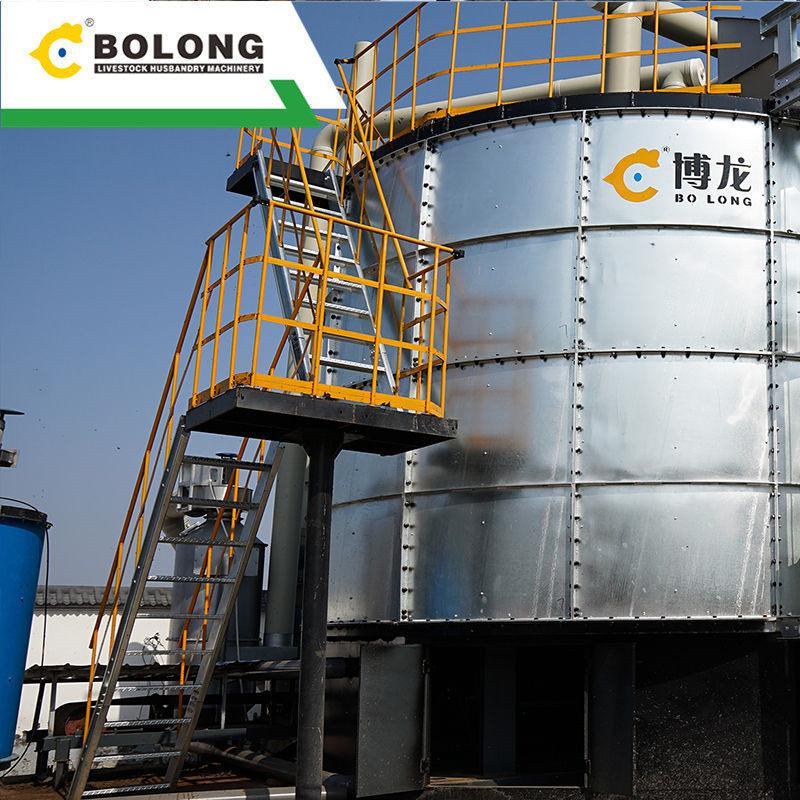
2020/11/23/ · Both are great options for upgrading to a stainless fermenter. Budget: $200-$300. Pros. Easy to use and clean, stainless is the gold standard in brewing. No oxygen ingress and keeps light out. A wide array of heating and cooling accessories. Slight cone at the bottom for better trub collection.

2024/6/17/ · In the world of fermentation vessel automation, staying ahead of the curve is key to maintaining efficiency, compliance, and quality. The Revolutionary Impact of Fully Automated Fermenters in ...

The In tank composting system is one of the automatic machines with the ability to realize high-speed fermentation of chicken waste. During the process of composting, you can use a control panel to control it. Our In tank system will do the most work to create an aerobic condition for your compost, such as turning and aerating your compost.

2023/8/15/ · Key Components of Beer Fermentation Equipment. Fermentation Vessels: These are tanks where wort is placed with yeast to start the fermentation process. They come in various sizes, from small homebrew setups to massive industrial tanks. Automated Systems: Large breweries often have fully automated fermentation

2024/1/16/ · Benefits of Fully Automated Fermenters: 1. Improved efficiency, leading to increased production capacity and reduced labor costs. 2. Enhanced quality control, resulting in consistent nutrient